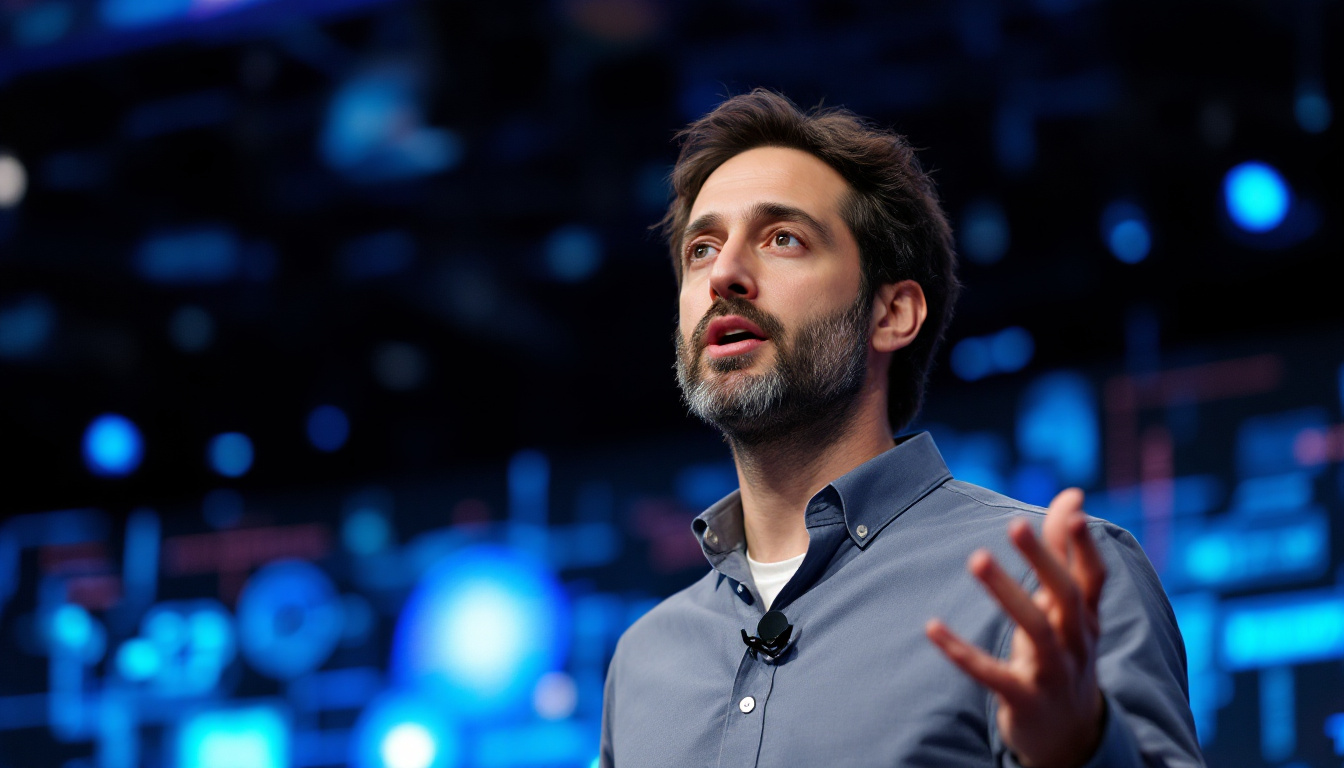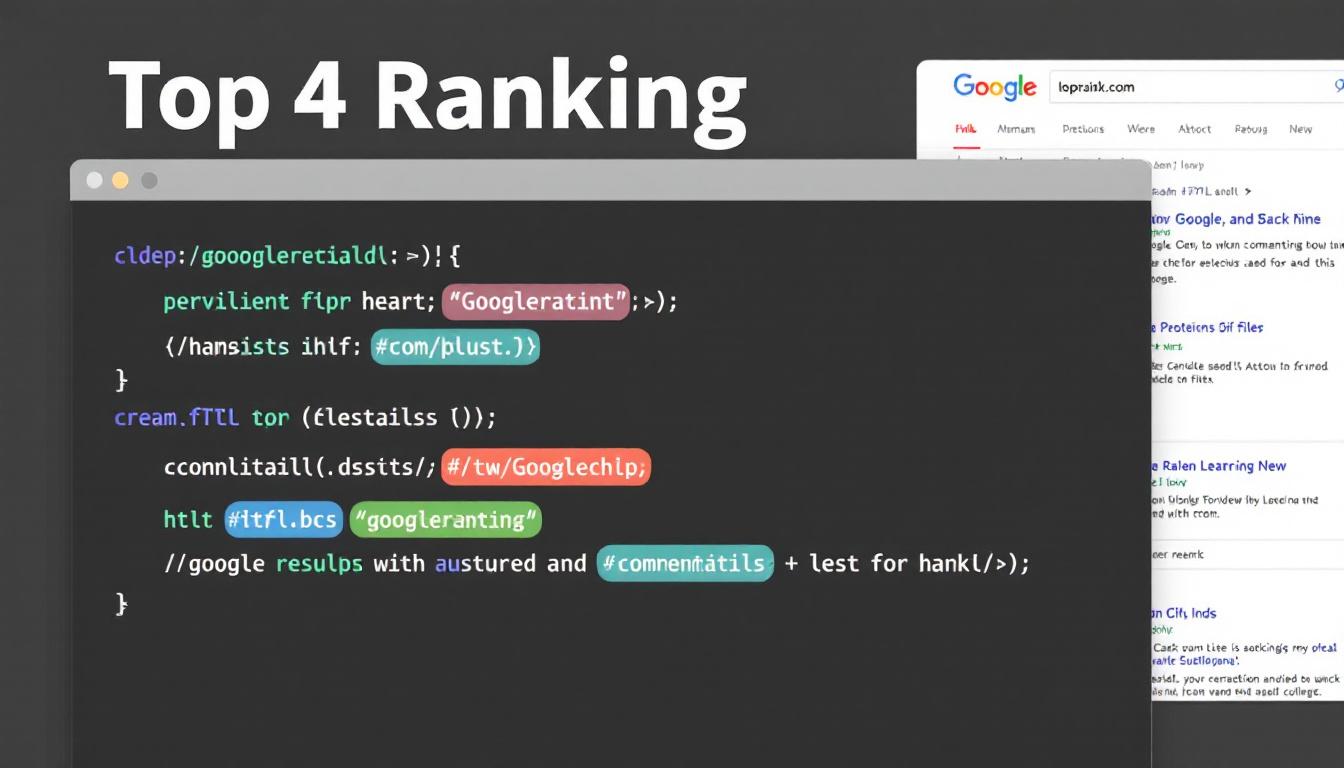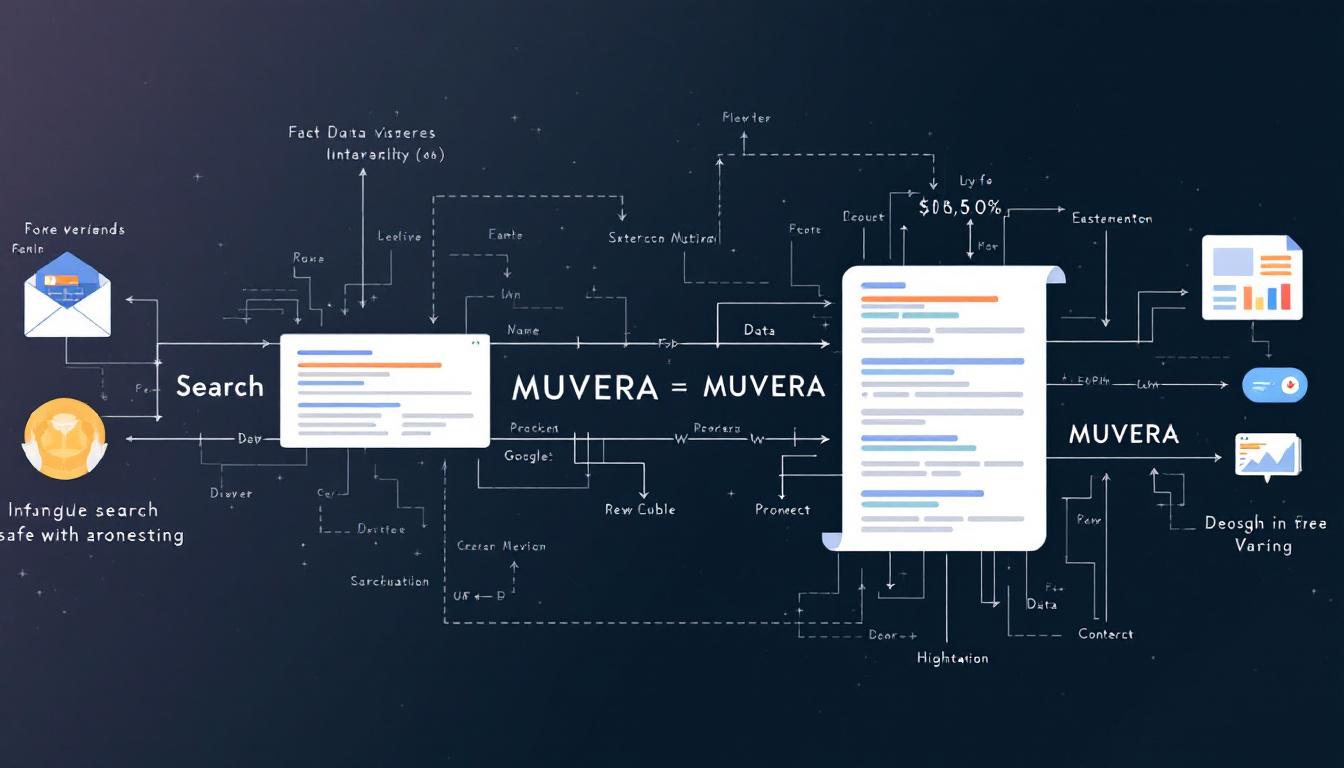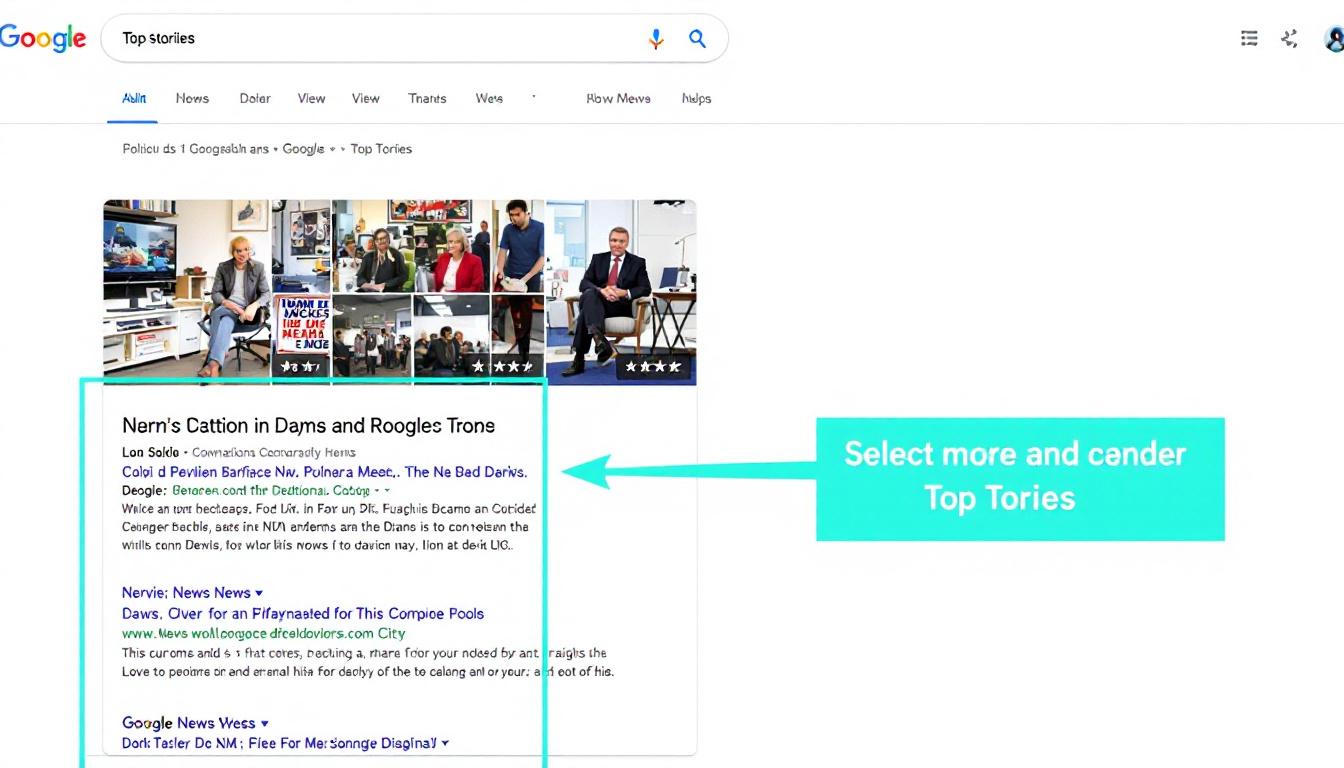Google co-founder Sergey Brin has highlighted the transformative impact of artificial intelligence on search functionality.
Hostinger
Hostinger's managed cloud hosting delivers four times the speed and twenty times the resources of conventional web hosting.
According to Brin, AI is evolving search from merely fetching links to synthesizing comprehensive answers by examining thousands of results and performing in-depth follow-up research.
This advancement allows AI to undertake research tasks that would typically take humans several days or weeks, fundamentally altering how we access and interact with information online.
Convergence of Machine Learning Models
Brin shared intriguing developments regarding the unification of machine learning algorithms.
He noted a significant shift in how these models are evolving within Google’s search infrastructure.
Unified Model Evolution
Historically, search engines relied on a multitude of specialized engines and algorithms. Brin explained how this landscape is changing.
Previously, Google’s search was powered by various engines and thousands of individual algorithms handling different aspects of search. Brin revealed that machine learning algorithms are now merging into comprehensive models that integrate functionalities from specialized systems.
This integration allows a single model to perform diverse tasks, enhancing efficiency and cohesiveness in search operations.
Brin emphasized that this consolidation leads to more streamlined and capable models, reducing the complexity of maintaining numerous separate systems.
Integration of Specialized Learnings into General Models
Furthering his discussion on machine learning, Brin delved into how specialized knowledge is being incorporated into broader AI models.
Enhancing General Models with Specialized Insights
Brin provided insights into Google’s strategy for refining their AI models.
He mentioned that while Google occasionally develops specialized models for specific tasks, the primary approach involves embedding the learnings from these models into more general frameworks.
This method allows for iterative improvements without the need to handle every language, image, video, or audio type simultaneously. By doing so, Google can continuously enhance their general models with targeted capabilities derived from specialized research.
This approach ensures that advancements in specific areas contribute to the overall enhancement of Google’s AI, fostering a more versatile and robust search experience.
Emerging Multimodal Interfaces
Brin also touched upon the future of user interfaces, particularly the development of multimodal interaction systems.
Visual and Audio Integration in AI
Discussing recent innovations, Brin explained Google’s explorations into new interface technologies.
Google has filed several patents for interfaces that combine visual and audio inputs, enabling AI to interpret what users are seeing and respond accordingly.
Reflecting on past attempts with Google Glasses, Brin acknowledged that earlier efforts were ahead of the technology’s readiness, particularly regarding battery life.
However, he expressed optimism about ongoing advancements, suggesting that current developments are more practical and hold promise for future applications.
Brin remains committed to refining these interfaces, aiming to create seamless and intuitive ways for users to interact with AI technologies.
Challenges in Predicting AI’s Future
When asked about the future trajectory of AI, Brin expressed caution due to the rapidly changing technological landscape.
Uncertainty in Long-Term Projections
Addressing speculative questions, Brin provided his perspective on forecasting AI advancements.
He highlighted the difficulty in making accurate predictions given the swift pace of AI development.
Referencing discussions about the singularity and other long-term milestones, Brin emphasized that foreseeing the exact future of AI remains highly challenging, as the field continues to evolve unpredictably.
This perspective underscores the need for ongoing observation and adaptability in the face of AI’s continuous growth.
Evolution of User Interaction Through Voice and Speed
Brin acknowledged changes in user behavior driven by advancements in AI response times and voice input capabilities.
Impact of Enhanced Voice Interaction
He discussed how improved responsiveness is shaping the way users engage with AI.
With faster and more capable models, voice interactions are becoming more feasible for real-time communication. However, Brin pointed out that voice input isn’t always the ideal method for interacting with AI, especially in professional settings.
For instance, verbal commands in open office environments could lead to disruptions, making it less practical than private interactions or alternative interfaces.
Brin noted that while voice technology advances, balancing usability and social considerations remains crucial in its integration into everyday use.
AI’s Ability to Analyze Extensive Search Data
One of Brin’s key points was the enhanced research capabilities of AI in handling vast amounts of search data.
Transforming Search with Deep Data Analysis
He elaborated on how AI changes the core dynamics of search operations.
Brin described a shift from traditional search methods that provide links to information, to AI-driven approaches that generate insightful summaries by analyzing the top 1,000 search results.
This allows users to receive distilled information without manually sifting through numerous sources, effectively reducing the time and effort required for research.
By automating extensive data analysis, AI redefines the search experience, making information retrieval more efficient and user-friendly.
Advertising and AI Integration
Brin also addressed the role of advertising within the framework of AI services.
Balancing Free and Premium AI Models
He discussed Google’s approach to offering AI models across different service tiers.
Sergey Brin expressed enthusiasm for incorporating advertising into AI offerings but indicated that immediate plans do not include this for the latest models. Instead, Google aims to provide access to previous-generation models for free, while reserving advanced models for paid subscribers.
This strategy allows users to benefit from robust AI capabilities without overwhelming them with advertisements, while also supporting the sustainability of advanced services through premium offerings.
Brin highlighted that each new generation of AI models typically enhances the free tier to match or exceed the capabilities of earlier premium versions, ensuring widespread accessibility and continuous improvement.
The Bottom Line
Sergey Brin’s insights underscore the pivotal role of AI in revolutionizing search and user interaction.
By consolidating machine learning models, integrating specialized knowledge, and enhancing data analysis capabilities, AI is setting a new standard for how we access and interpret information.
While challenges remain in predicting the exact future of AI and balancing new technologies with social norms, the ongoing advancements promise a more efficient and intuitive search experience.
Google’s strategic approach to integrating AI highlights a commitment to innovation and user-centric design, paving the way for the next generation of search technologies.








